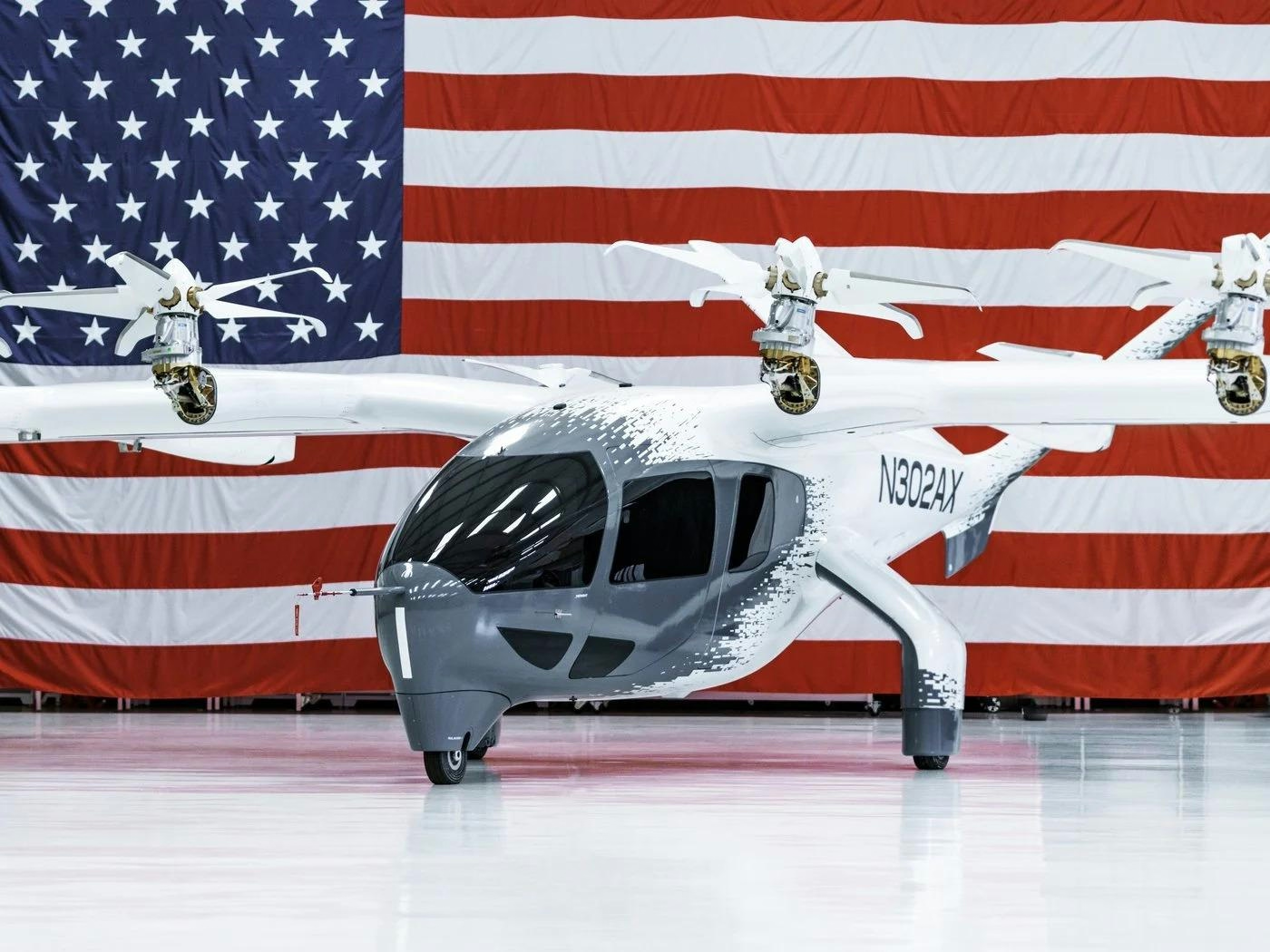
AeroGenie — 您的智能副驾驶。
热门趋势
Categories
The Continued Importance of Charter Flight Cost and Time Estimators for Business Aviation

The Continued Importance of Charter Flight Cost and Time Estimators for Business Aviation
In the dynamic and demanding environment of business aviation, technology plays a crucial role in meeting client expectations and operational demands. Operators and brokers handle numerous requests daily, requiring immediate and precise responses. With the rapid advancement of artificial intelligence (AI) tools, questions have arisen about whether dedicated charter flight cost estimators and flight time calculators remain necessary or if AI can fully assume these functions.
The Imperative of Accuracy in Aviation Calculations
When clients inquire about the cost or duration of a flight—such as from London to Dubai—there is no margin for error. Aviation calculations involve a complex interplay of factors including aircraft performance characteristics, airport operational constraints, prevailing winds, airspace restrictions, standard fuel consumption rates, crew duty regulations, positioning flights, and operator-specific pricing models. General-purpose AI lacks real-time access to this critical data and the certified algorithms essential for precise flight planning. Consequently, specialized aviation tools continue to be indispensable for delivering accurate and reliable estimates.
The Advantages of Specialized Aviation Calculators
Professional platforms, exemplified by Aviapages’ private jet charter cost estimator, are designed to provide accuracy and transparency by leveraging real operational data and validated aircraft performance models rather than relying on assumptions or predictive algorithms. These tools offer several key benefits. Their calculations are grounded in verified performance tables and actual routing information, ensuring a level of reliability that AI cannot replicate. They also enable brokers to transparently explain how flight times and costs are derived, fostering client trust. Furthermore, these platforms generate structured and precise estimates within seconds, eliminating the need for complex AI prompt engineering.
While AI excels in enhancing communication and streamlining workflows, it falls short in operational precision. AI systems do not perform certified aircraft performance computations, cannot accurately calculate fuel burn for specific routes and altitudes, and are prone to generating fabricated or erroneous data—an unacceptable risk in an industry where accuracy is paramount.
Adapting to an Evolving Industry Landscape
The business aviation sector is undergoing significant transformation, driven in part by emerging technologies such as electric vertical takeoff and landing (eVTOL) aircraft. Kazakhstan’s recent $250 million agreement with Joby Aviation for eVTOL air taxis exemplifies this shift. As eVTOLs begin to disrupt traditional cost structures and operational paradigms, industry responses vary. Established operators may need to incorporate these new technologies to maintain competitiveness, as demonstrated by Joby’s ongoing blade trials for eVTOL commutes in New York City.
Simultaneously, innovations such as flexible corporate membership programs introduced by companies like XO reflect a broader trend toward integrated travel solutions. These developments add complexity to cost and time estimation, underscoring the necessity for adaptable, data-driven tools capable of accommodating evolving business models.
Embracing a Hybrid Model
Many contemporary charter brokers adopt a hybrid approach, combining AI’s strengths in communication and workflow management with the technical precision of specialized aviation platforms like Aviapages. This model preserves human expertise at its core while leveraging advanced software to ensure accuracy. Although platforms that connect brokers with operators and aircraft facilitate the booking process, it is the robust cost and time calculators that provide the essential technical foundation for dependable quotations.
Conclusion
Artificial intelligence is undeniably reshaping business aviation, yet it has not supplanted the need for specialized, precise tools. As the industry continues to evolve with new technologies and flexible travel offerings, flight time calculators and cost estimators remain vital for delivering consistent and trustworthy quotes. In a sector where precision is non-negotiable, dedicated aviation platforms continue to uphold the highest standards.

Vietnam Airlines Sells Airbus A321 Fleet to Arena Aviation Capital in Record Deal
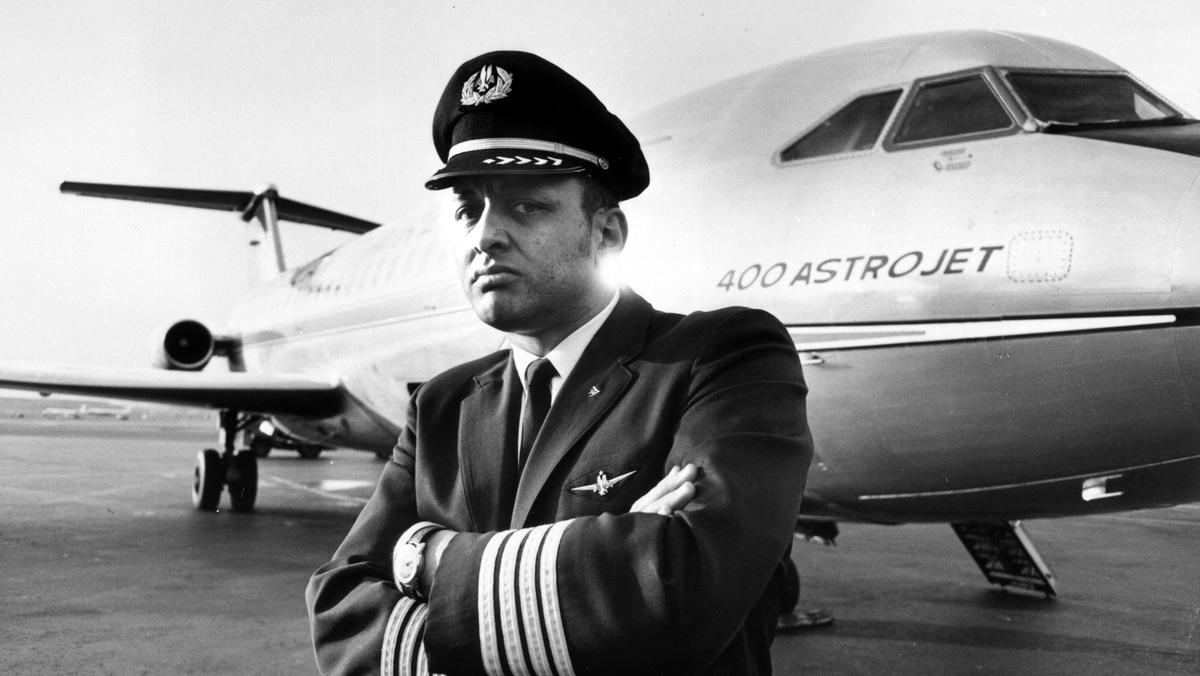
American Airlines at 100: A Century of Innovation in Global Travel
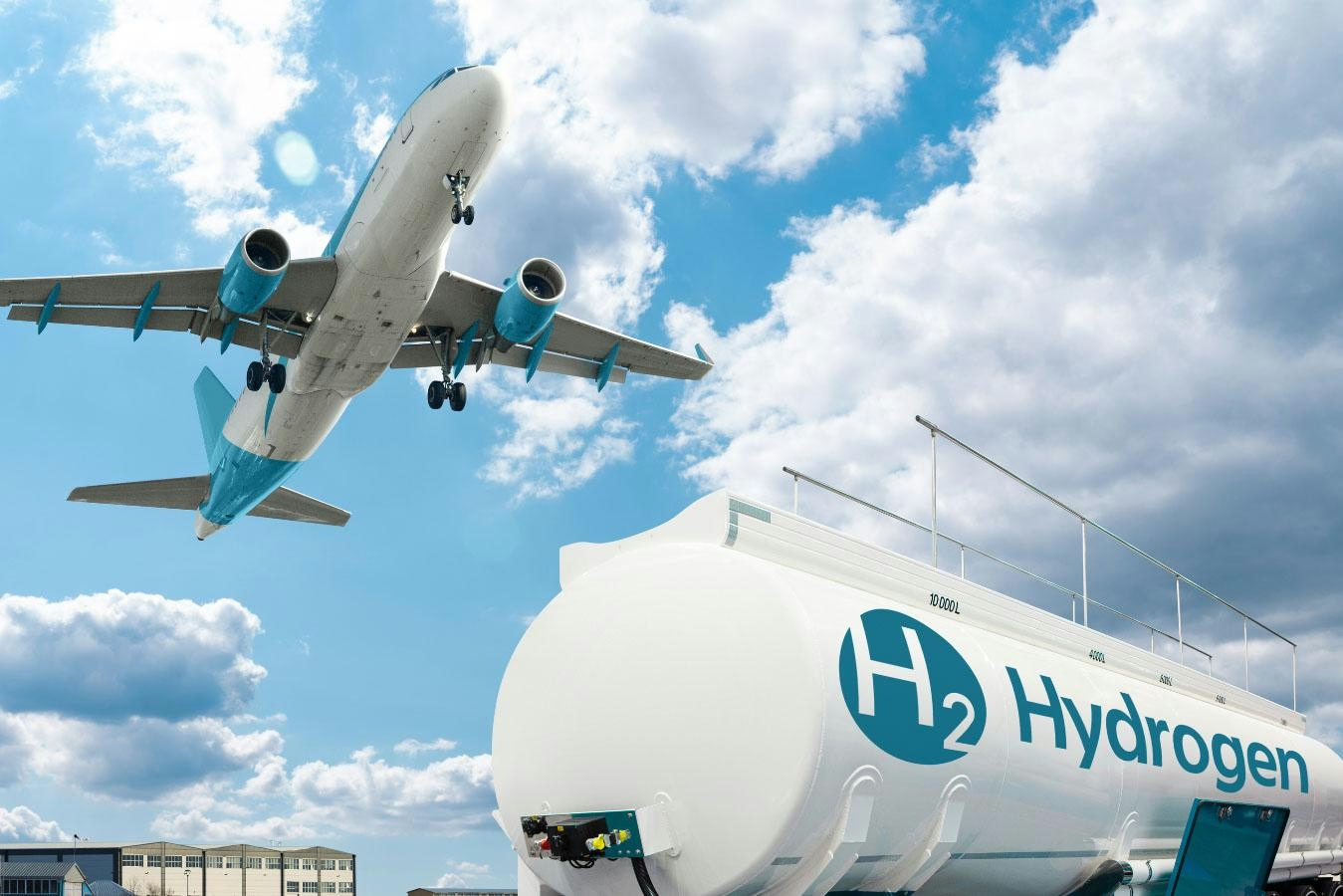
Hydrogen Combustion vs. Fuel Cells: Evaluating Options for Aviation

ANA Introduces The Room FX Business Class on Boeing 787 Dreamliners
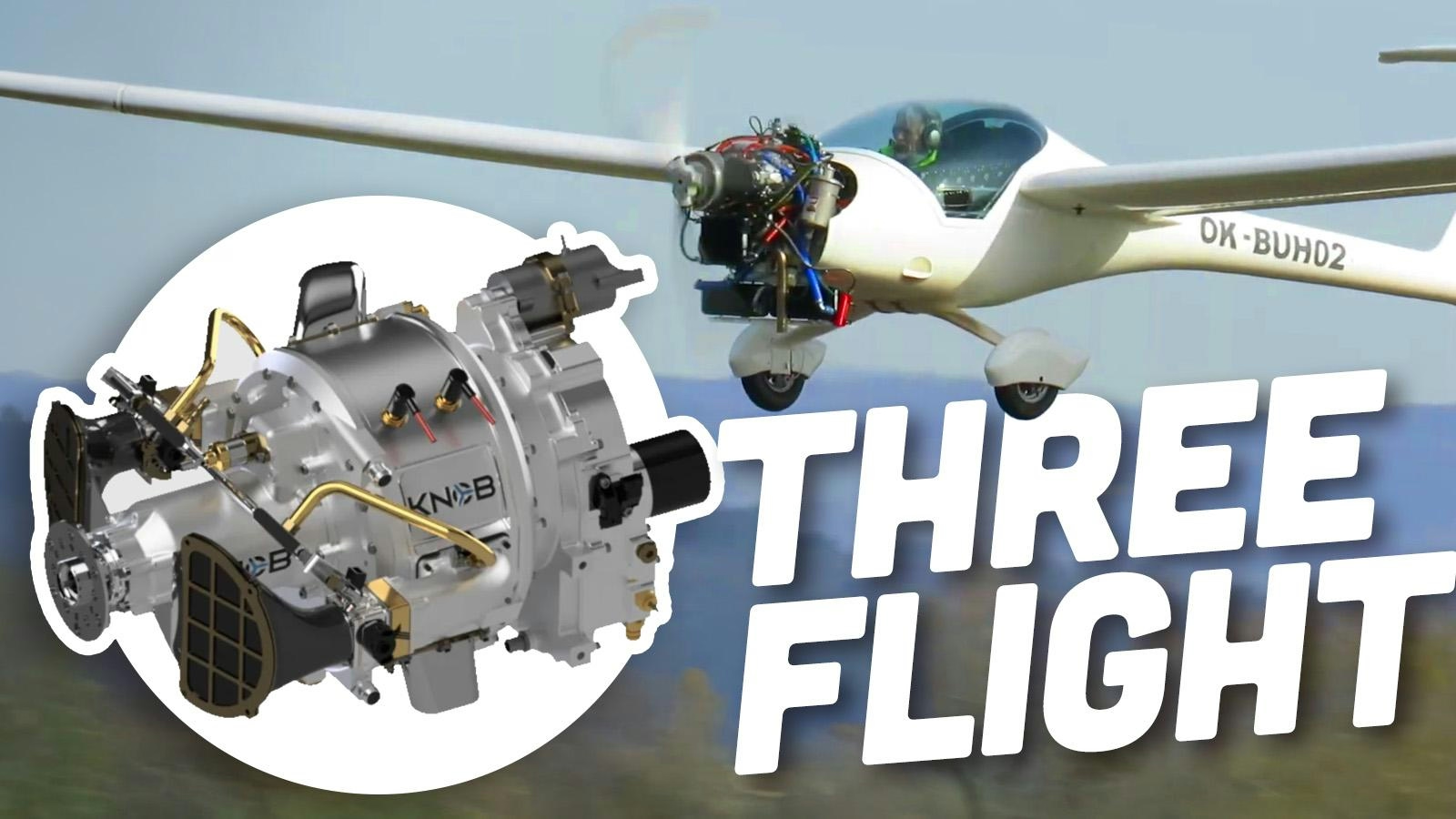
New Three-Cylinder Engine Features Rotating Block and Stationary Head

Credit Card Rewards Compete with Airline and Hotel Loyalty Programs
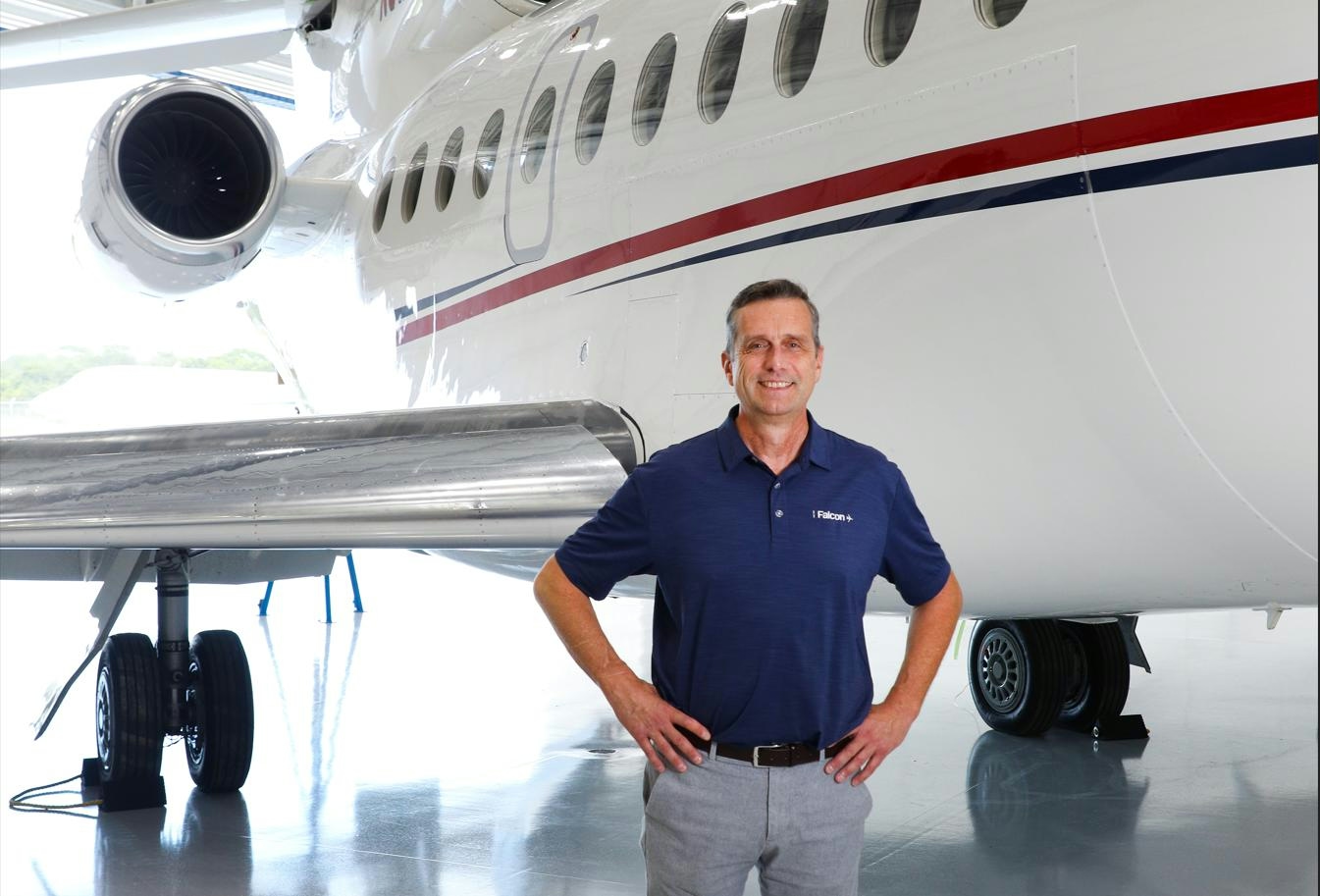
ExecuJet MRO Installs Starlink on Falcon 8X
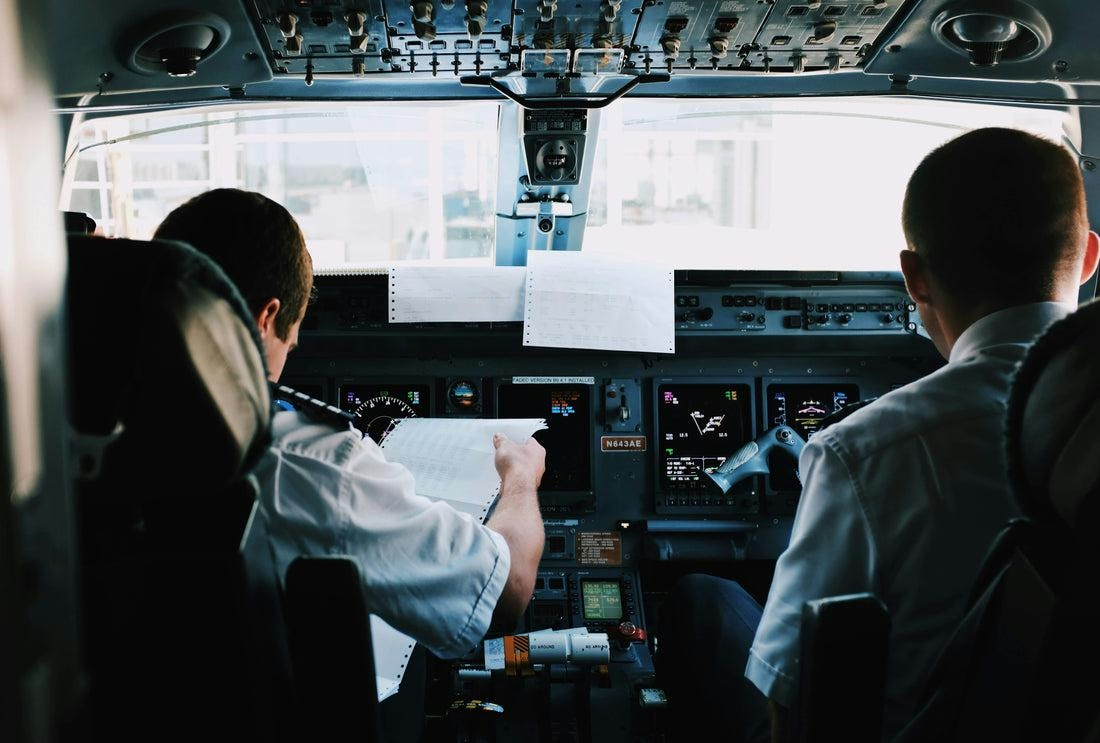
New Airlines Confront Supply Chain and Staffing Challenges
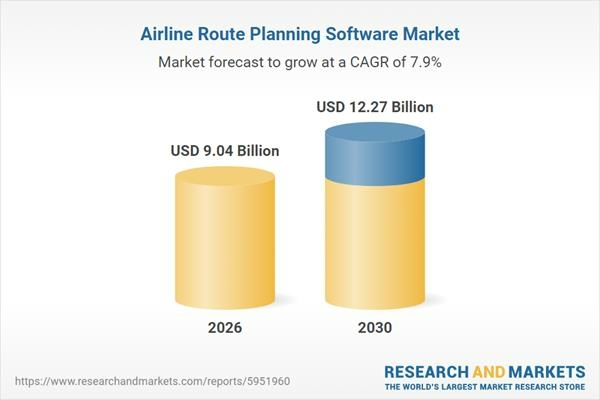
Global Airline Route Planning Software Market Forecasts Through 2035
